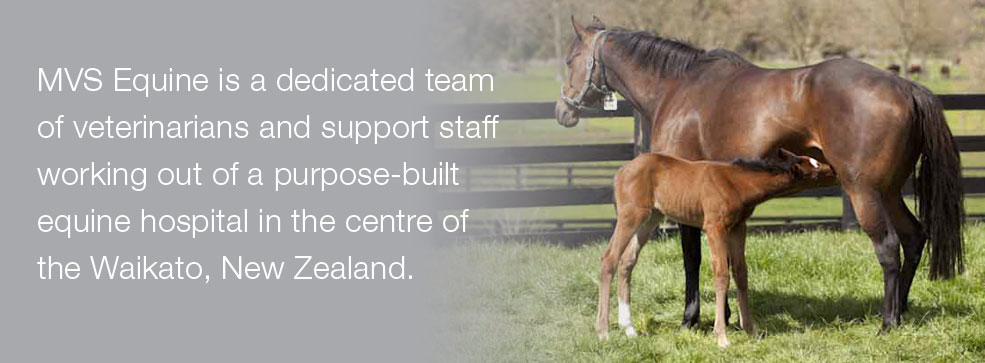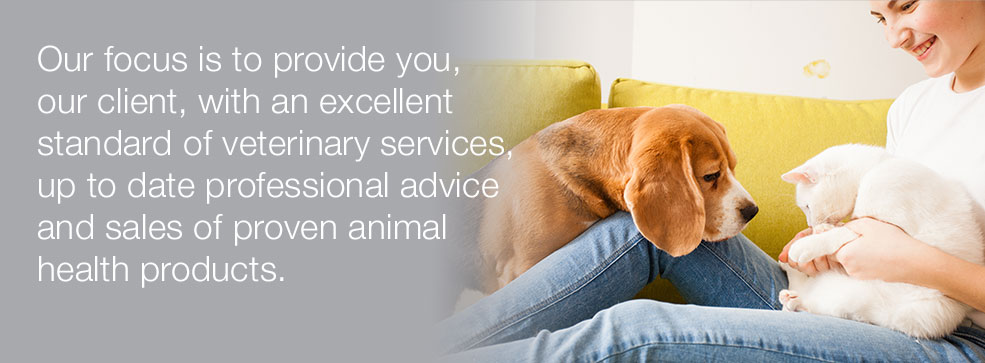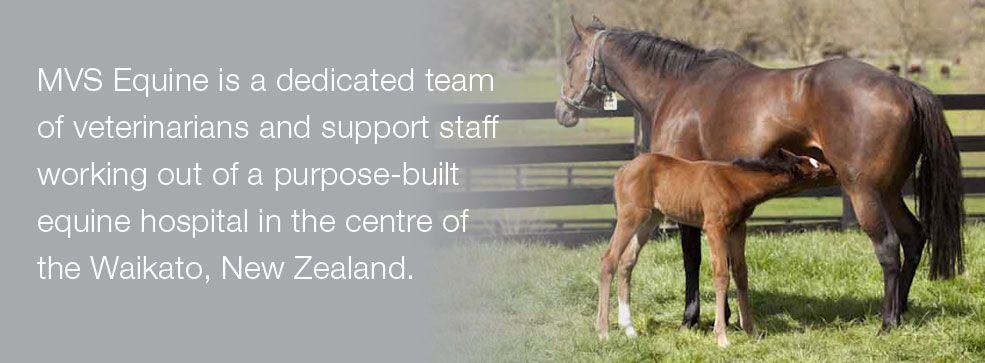September 20, 2023
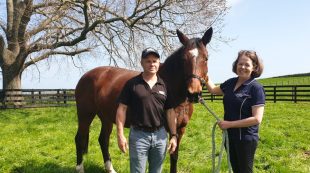
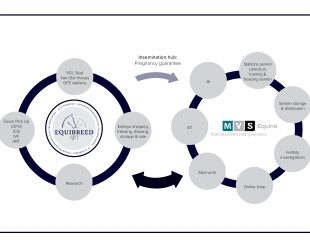
MVS Equine’s new purpose-built NICU for foals
December 7, 2022
The MVS Equine NICU is a fantastic new, purpose-built edition to the clinic’s facilities for the 2022 season, housing neo-natal foals and their dams requiring 24/7 care. Take a virtual tour below.
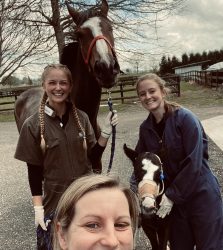
MVS Equine
December 7, 2022
Some of our 2022 season team enjoying a bit of sunshine!
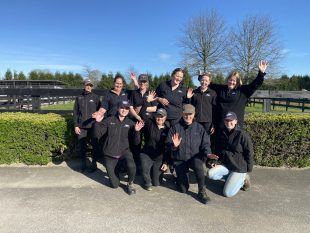
COVID19 – Level 2
September 7, 2021
COVID19 – Level 3
August 31, 2021
COVID19 – Level 4
August 17, 2021
Dry July
July 8, 2021
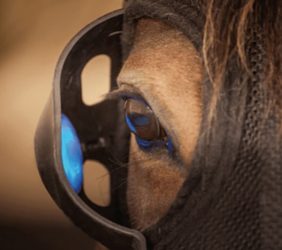
June 10, 2020
Atypical Myopathy – June 2020
Atypical myopathy is a painful and potentially fatal muscle disease caused by a toxin found in the seeds of trees of the genus Acer, for example the sycamore tree and box elder tree. The disease is most commonly seen at this time of the year so it is important to take steps to prevent it!
Horses that develop AM are often kept on sparse pastures containing an accumulation of dead leaves, wood, and trees, and these animals often are not fed any supplementary hay or feed. The seeds are not palatable for horses but animals grazing on poor quality pasture may ingest sufficient amounts to result in signs of disease.
Prevention:
Horse owners are advised to identify these trees on or near grazing land and take steps to prevent the seeds falling where they are in reach of horses, including:
- Restrict access to seeds by using temporary fencing
- Ensure horses have access to good quality uncontaminated pasture
- Move horses off pasture at times of risk
- Provide supplementary feed in the field to minimize the risk of horses being tempted to ingest seeds
- Be aware that a field without sycamore trees can still contain seeds spread by high winds or flood waters
- Monitor horses closely to pick up any signs of a problem in the early stages
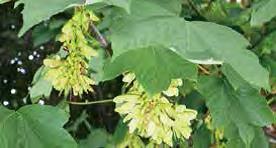
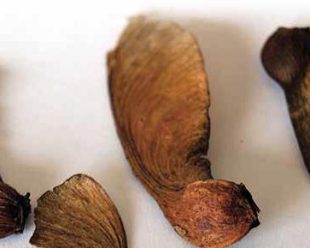
MVS Equine at COVID-19 Alert Level 2
May 13, 2020
On Thursday, 14th May when the country drops to alert level 2 we will continue to provide all of our usual essential services in a way that is safe for both our clients and our staff.
As outlined by the Government we must continue to maintain social distancing and follow strict hygiene protocols to keep everyone safe, and we must also maintain a system for contact tracing recording. This means every visitor or client to the clinic will be asked to sign in and out to ensure we are meeting our contact tracing obligations.
The clinic building will be open to clients however this will be on a restricted basis. This means only one client at a time will be permitted in reception and we continue to encourage you to phone ahead of time to coordinate the collection of supplies and dropping off of samples outside the clinic. We ask that clients accompanying horses to remain in their vehicles during treatment unless required to be present.
If you have recently travelled, have had contact with a known infected person, are exhibiting cold or flu-like symptoms or are currently in self isolation for any reason (confirmed COVID or COVID household) please stay home! If your horse must be seen please let us know – it must be brought in by someone else and will be taken off that person by a nurse and handled with PPE. Please be aware that providing veterinary care under these conditions takes more time and effort than normal.
We understand how difficult and challenging this period has been for so many and we want to say a heartfelt thank you to you all for your positivity and continued support.
MVS Equine at COVID-19 Alert Level 3
April 23, 2020
On Tuesday the 28th April when the country drops to alert level 3 we move from being able to provide emergency veterinary services only to being able to provide all of our usual essential services for your horses and businesses. This means we can start booking in work that we routinely perform this time of year, including branding, castrations, lameness work-ups and surgeries.
However, the Government is very clear that we must provide these services in a way that safe for both our clients and our staff. We must maintain social distancing and our services will remain contactless to keep everyone safe. This means our hospital building will continue to be a staff-only zone like it was in Level 4, and there will be no physical interaction between staff and clients. There is a strict no-hand-shake policy in force and hands must be sanitized frequently. All horses will be taken from you on arrival at the hospital and held by a nurse for the exam. Please remain in your vehicle for the duration of the exam/procedure. If you need to collect supplies or drop off samples please phone ahead of time in order to coordinate a collection time – all supplies will be collected from outside the building.
If you have recently travelled, have had contact with a known infected person, are exhibiting cold or flu-like symptoms or are currently in self isolation for any reason (confirmed COVID or COVID household) please stay home! If your horse must be seen please let us know – it must be brought in by someone else and will be taken off that person by a nurse and handled with PPE.
Please be aware that providing veterinary care under these conditions takes more time and effort than normal. There are many procedures, bookings and services that we haven’t been able to provide during the lock- down and we are now going to be pushed to provide all these services at once. We will make every effort to book you in as soon as possible and ask for your patience as we do our best to get up and running again swiftly.

